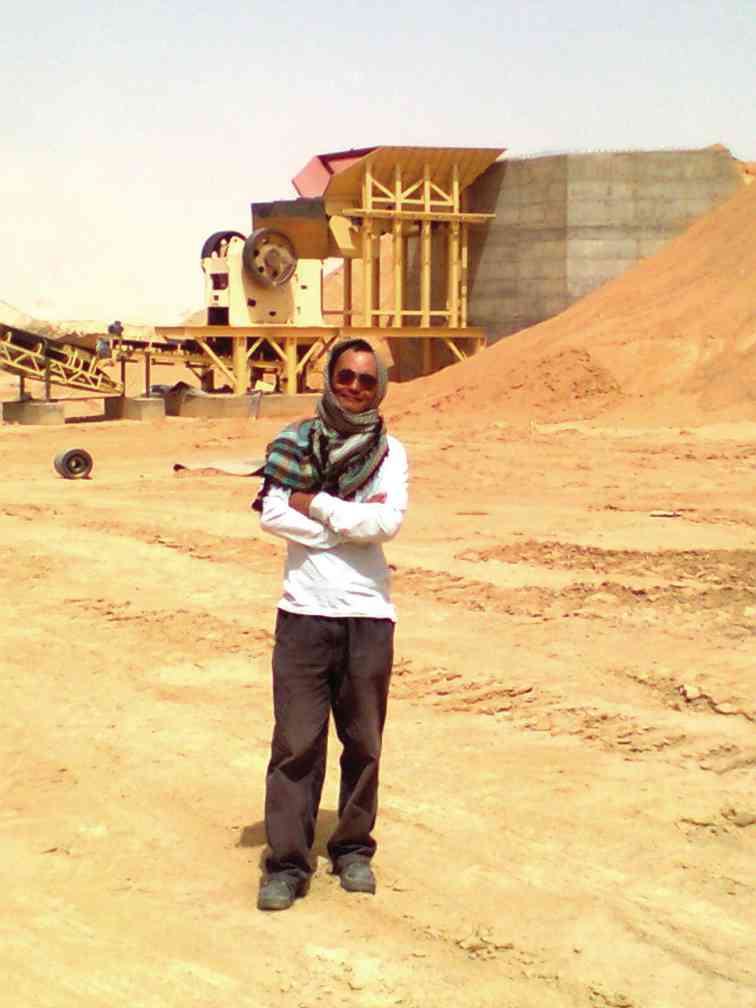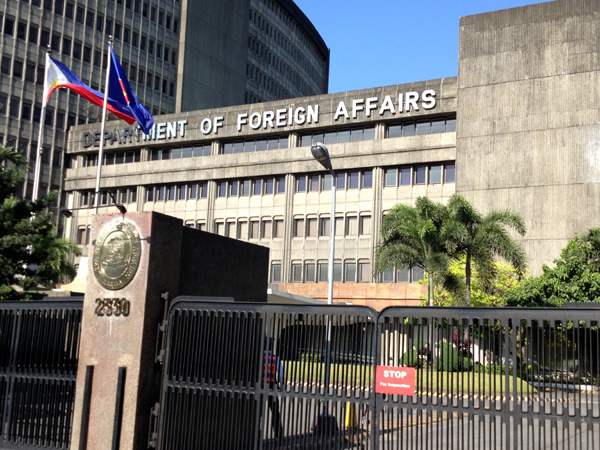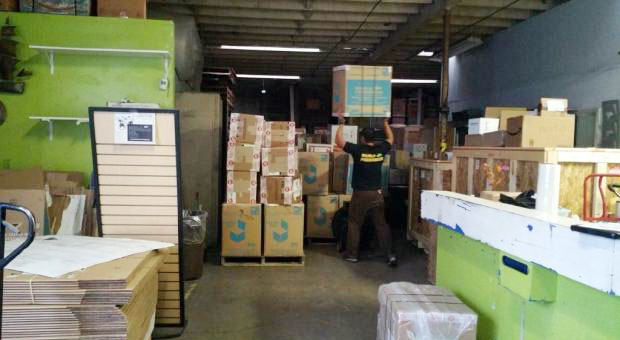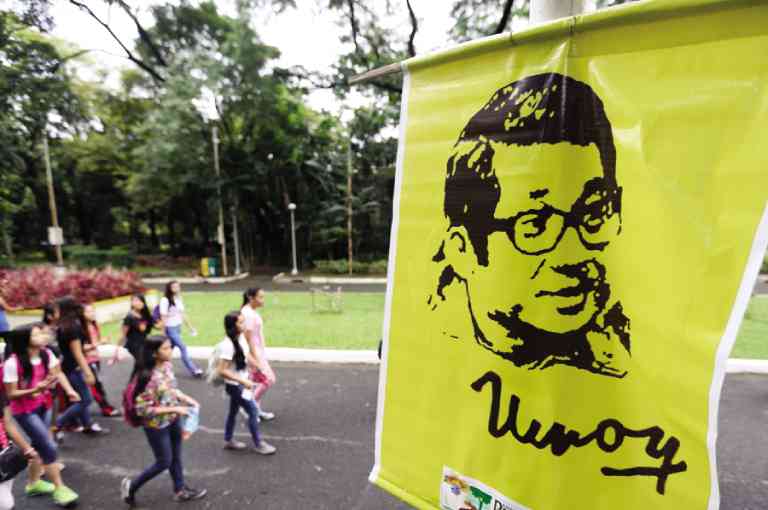Philippine Daily Inquirer
By: Eunice Barbara C. Novio, August 23rd, 2015 06:32 AM

FAMILY FIRST Datuin says, “I don’t care if we are called ‘bagong bayani’ or how my remittances keep our government afloat. My family comes first, not how my remittances keep our government afloat.”
I WAS 46 when I came to Saudi Arabia and will be turning 53. I was being called by my first name by my fellow expats. The ones who are half my age dearly call me kuya.”
“Now I’m feeling like a relic and cringing when some newbies call me Mang Jet or worst, tatang,” Froilan or Jet Datuin, from Los Baños, Laguna, says with a laugh. He is a bulldozer operator at Abdul ali al-ajmi Company in Saudi Arabia, which has other projects in Dubai and other parts of the Middle East. In his six years in the company, he lives in the desert with other overseas Filipino workers (OFWs) and nationalities.
Odd jobs
Back in the Philippines, he had a regular job as a timekeeper in a construction company in Manila in the ’90s with modest weekly salary that kept them stable. His wife, Edna, is a public schoolteacher. But his company was taken down by the Asian flu and eventually shut down in mid-2000. Due to age and being an undergraduate, he could not get stable jobs.
“I drove a jeepney and sometimes be a private driver to augment our income,” he recalls.
Without a permanent job and relying on the salary of his wife, they eventually sent their two kids, Xenia and Alfonso, who were studying in a private school to a public school. It was one of his biggest disappointments.
“It was 2008. I was riding a bike to buy bread from the bakery on the other side of the street when I saw the distant cousin of my wife who was vacationing from Saudi Arabia,” he recalls.
After a while, they talked about their lives and struggles until Datuin jokingly mentioned to his wife’s cousin if he could recommend him to his company. Much to his surprise, the cousin took Datuin’s word seriously because Abdul ali al-ajmi was looking for additional manpower. Before they parted ways, he asked Datuin to process his passport and helped him with the necessary documents.
In the middle of January 2009, he said the “ball started rolling.” The recruitment agency called him. He had a visa and a plane ticket bound to Dammam. He left the Philippines with nine others on March 15, 2009. He remembers it was both an exciting and gloomy day for his family.
Life in the desert
“The feeling was surreal. Everything was drab and brown. I realized I was crying,” he recalls.
From the airport, they were taken directly to the camp. They were welcomed warmly by fellow OFWs. In fact, he had no basic knowledge in his job position as a bulldozer operator. Fortunately, the management was not strict. The workers were trained before being sent to the job sites. He was trained by another coworker who could barely speak English. He just observed and used his common sense. Later on, he was given his own equipment.
“Foremen and engineers frequently reprimanded me or shouted at me. Until such time that I became an expert. I learned to speak Arabic and could argue with them now,” he says.
Desert life
During his first year in Saudi Arabia, loneliness was always a companion. There was no Facebook and oftentimes, communication signal was very weak in the midst of nowhere. He could only call his family every Friday in their camp in Dubai.
Despite the extreme weather conditions and culture shock, he remained positive and friendly. It helped him to survive the difficulties of being an OFW.
“Except that there are really no roses here, life abroad, especially if you are in Saudi, is not a bed of roses,” he jokes.
Datuin says that what makes him proud as an OFW is when other nationalities like the Arabs, Egyptians, Pakistanis, etc., give him thumbs up or saying “Shuqul kways/miya-miya antah sadiq” or “You did a great job, pal.”
He is proud that as a Filipino he is one of the best workers in the world in any field.
There were times when he verbally fought with other nationalities and fellow Filipinos. He says that it is more hurtful if you fight with compatriots. Those times he regretted not finishing his fine arts degree in advertising, thinking that he could be an executive or head of a department and not just an ordinary worker.
Dreaming and hard work
Since he arrived in Saudi Arabia six years ago, he only went home twice. His homesickness is now lessened with Facebook and by listening to Creedence Clearwater Revival while bulldozing sand.
He has no definite plan to go back home soon but he is expecting to settle down after 10 years, in Minalin, Pampanga, where his family lives.
Although he misses a lot of Christmases, birthdays and other family reunions, Datuin knows that their dreams are almost realized. Xenia, 19, is already a third year college student at Holy Angel University, while Alfonso, 15, is already in Grade 8. Both are honor students.
With over two million OFWs in Saudi Arabia and the second largest source of remittance to the Philippines as of 2014, it is the primary destination among the Filipinos.
But for Datuin “I don’t care if we are called ‘bagong bayani’ or how my remittances keep our government afloat. My family comes first, not how my remittances keep our government afloat,” he ends.
Latest
Recommended
TAGS:
![]()





